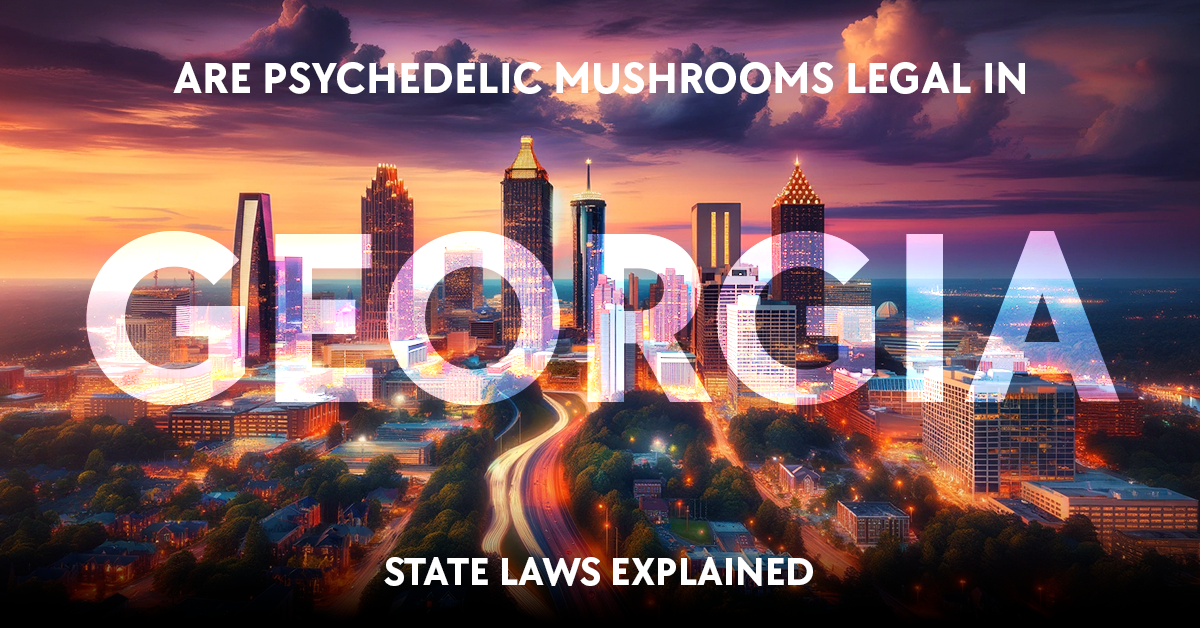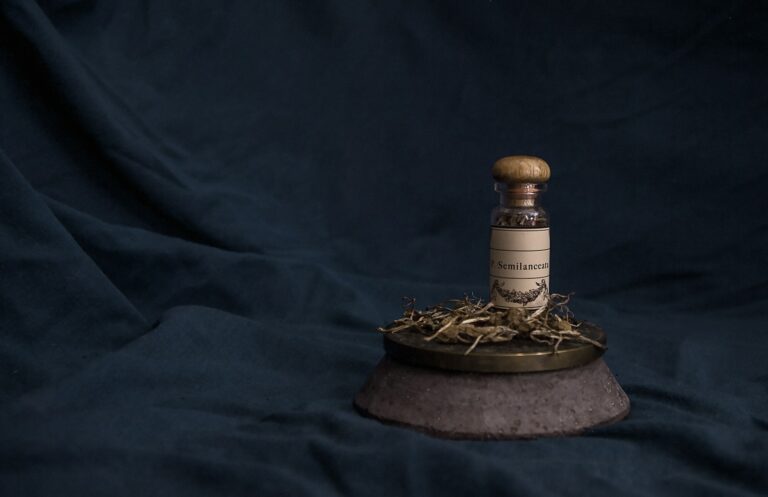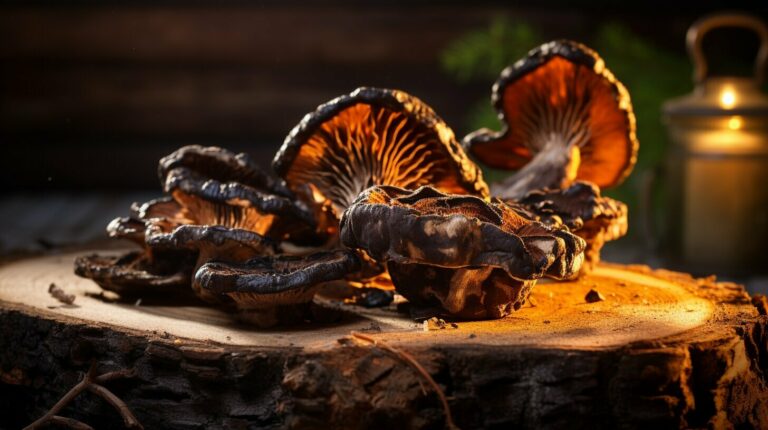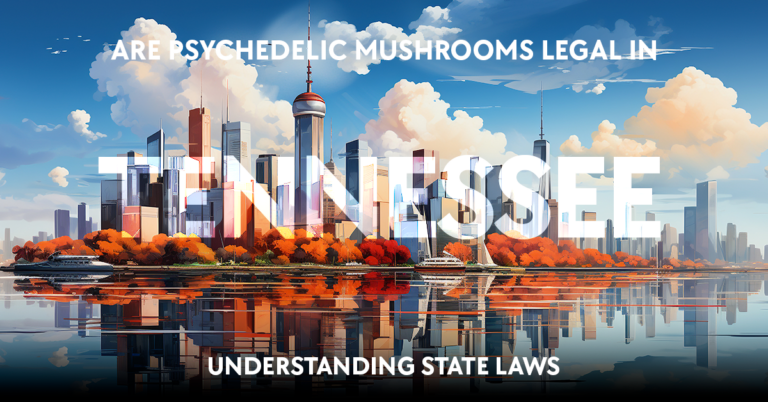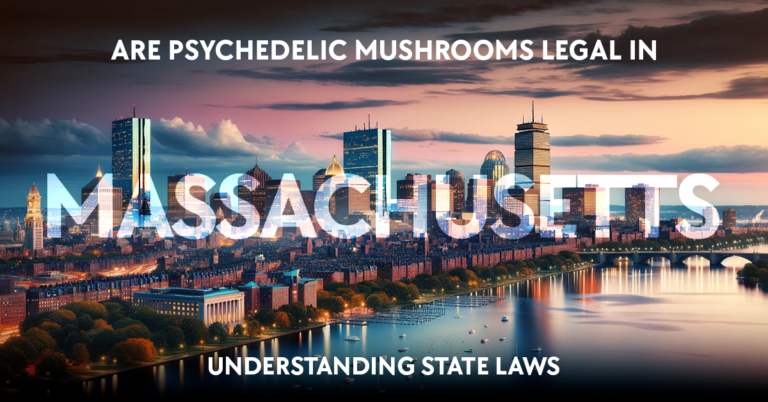The legal status of psychedelic mushrooms, which contain the psychoactive compound psilocybin, varies significantly across the globe. In the state of Georgia, understanding these laws is essential if you’re contemplating the use or possession of such substances. Psychedelic mushrooms are often associated with their use in spiritual and recreational contexts, but they are also the subject of growing scientific research due to their potential therapeutic benefits.
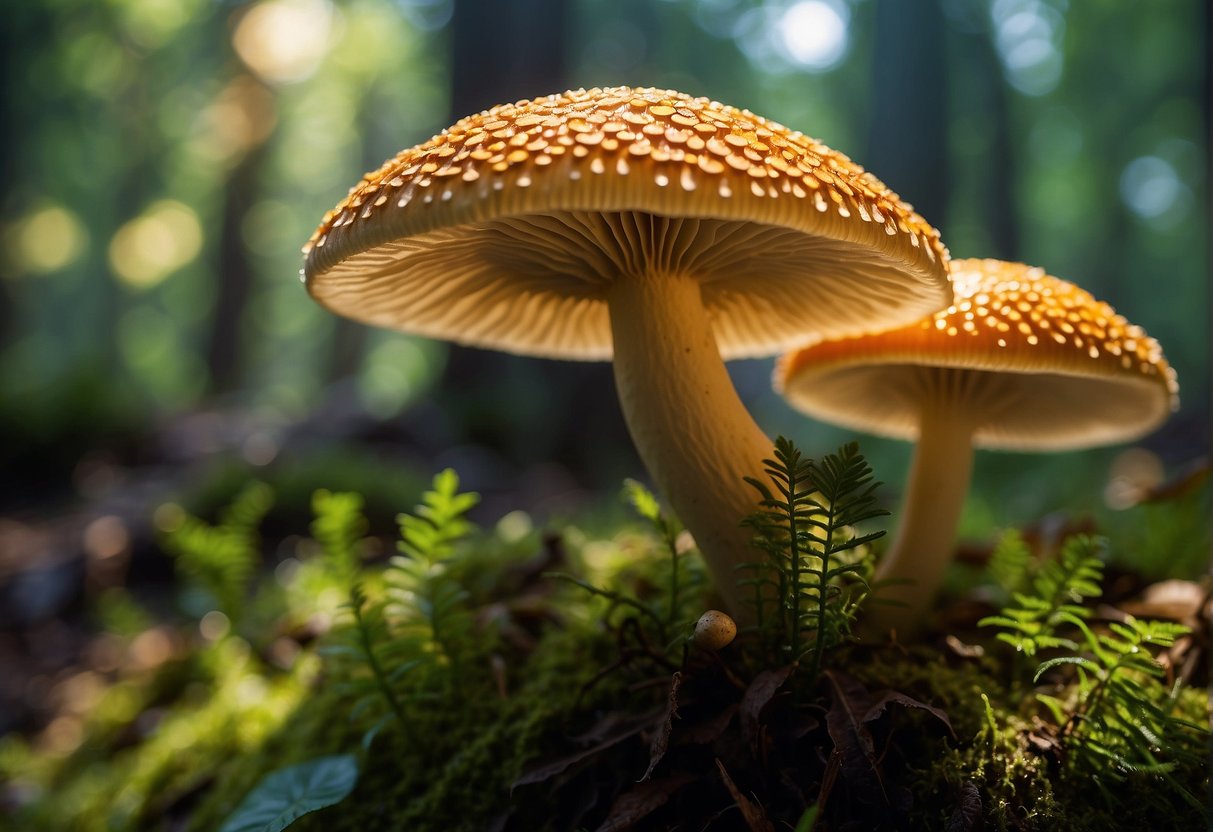
Your awareness of Georgia’s legal framework regarding psilocybin is crucial, as it dictates the consequences of handling these mushrooms. The possession, sale, or distribution of psychedelic mushrooms is illegal under Georgia state law, classified alongside other controlled substances. This classification reflects the stance of federal law, under which psilocybin is listed as a Schedule I drug, suggesting a high potential for abuse and no currently accepted medical use.
While some jurisdictions have recently altered their approach to drug policy, especially concerning psychedelics, Georgia maintains strict regulations as of the current date. Activities such as cultivating or buying spores for the purpose of growing psychedelic mushrooms could lead to significant legal repercussions. Staying informed about the legal anomaly of psychedelic mushrooms in Georgia helps ensure that you navigate the subject with a clear understanding of the associated legal risks.
Legal Status of Psilocybin Mushrooms in Georgia
Table of Contents
https://www.youtube.com/watch?v=1gyAYKJJVyo&embed=true
In Georgia, psilocybin mushrooms, also known as “magic mushrooms,” are classified as a Schedule I controlled substance, which implies they have a high potential for abuse and no accepted medical use. Here is what you need to know.
Federal and State Classification
Under federal law, psilocybin mushrooms are deemed illegal, as they are listed as a Schedule I controlled substance. This classification is mirrored by the state of Georgia, where the possession and sale of these mushrooms are strictly prohibited. Their classification at both the federal and state level means that any activities related to psilocybin mushrooms are subject to legal scrutiny and potential penalties.
Georgia State Laws on Psilocybin
Georgia law explicitly identifies psilocybin as a Schedule I controlled substance. The state’s controlled substances act includes psilocybin among the drugs that are unlawful to possess, distribute, or manufacture. If you reside in Georgia or are subject to its jurisdiction, you must understand that any interaction with psilocybin mushrooms could lead to criminal charges.
Penalties for Possession and Sale
The penalties for the possession or sale of psilocybin mushrooms in Georgia are severe. Possession of these substances could result in a wide range of consequences, including fines and imprisonment. Specifically, possession of Schedule I substances can lead to considerable jail time and steep fines. Similarly, the sale of psilocybin could incur even harsher penalties due to the criminalization of drug trafficking under state law. Always be aware that involvement with these substances on any level could carry significant legal risks.
Medical Perspective and Research
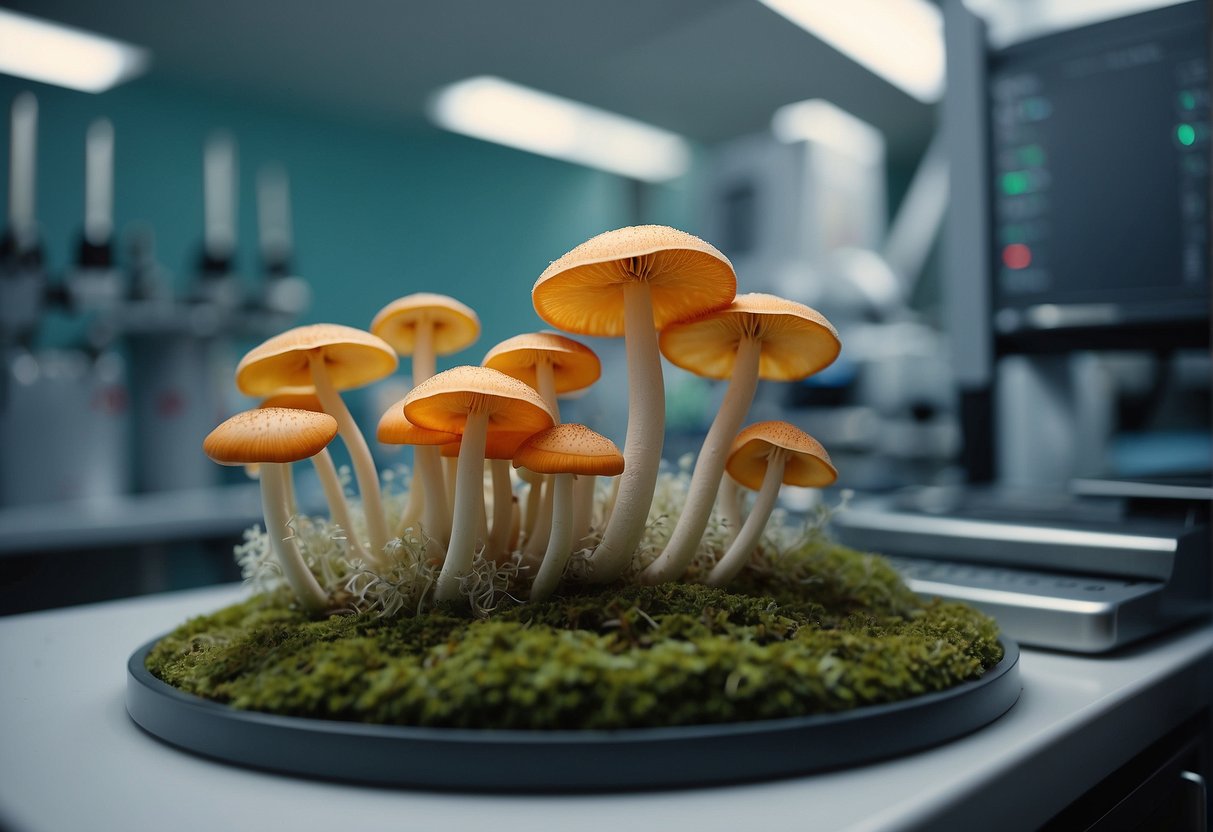
In the realm of mental health treatment, psychedelic mushrooms, particularly those containing psilocybin, are gaining attention for their potential therapeutic benefits. Strides in clinical research have illuminated possibilities for treatment-resistant conditions, marking a significant shift in the medical perspective on these substances.
Clinical Trials and Therapeutic Benefits
Clinical trials play a pivotal role in understanding the therapeutic potential of psilocybin, the active compound in psychedelic mushrooms. Recent studies have shown promising results for conditions such as treatment-resistant depression, PTSD, and anxiety. For instance, your awareness of these developments can be deepened by examining research making psychedelics into medicines, which illustrates the complexities and paradoxes in the evolving landscape of psychedelic research.
Psilocybin-Assisted Therapy
Psilocybin-assisted therapy is an emerging treatment modality in which psilocybin is administered in a controlled, therapeutic setting. This approach may significantly alleviate symptoms of depression and anxiety, especially when combined with traditional psychotherapy. Understanding the nuances of this treatment can start with learning about its application in contexts where legal frameworks allow for such interventions, noted in research concerning healthcare policy opportunities.
Consideration for Medical Use in Georgia
Georgia, like many regions, is contemplating the medical use of psychedelics under strict legal and regulatory guidelines. The consideration for medical use in Georgia involves navigating a complex legal framework while also addressing the potential to heal afflictions such as addiction and treatment-resistant mental health conditions. You can track such policy discussions and their implications on potential therapeutic applications via articles, including insights on the ethical and legal issues in psychedelic therapy.
Comparative Analysis with Other Jurisdictions
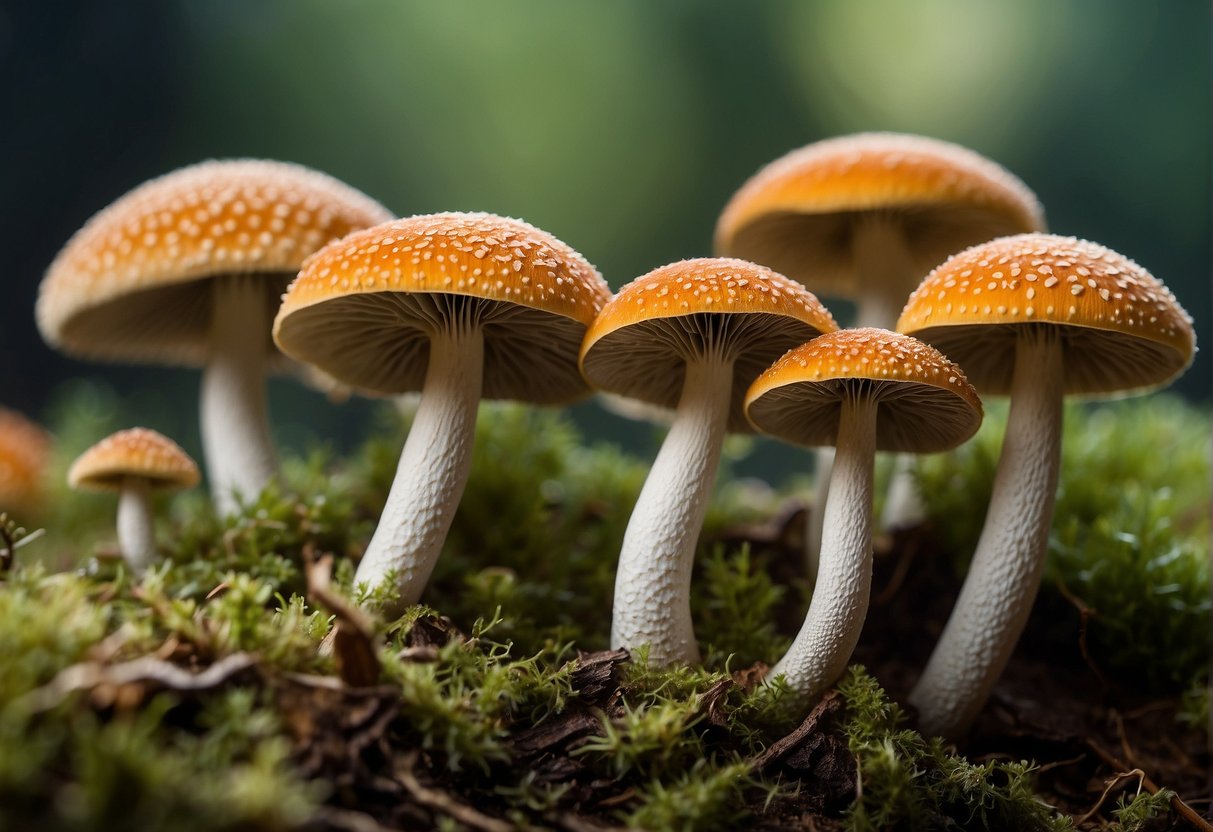
As you explore the legal status of psychedelic mushrooms in Georgia, understanding the varying laws across different jurisdictions can provide a comprehensive picture of psilocybin regulation.
States with Decriminalized Status
In the United States, a wave of decriminalization has taken place in several states and municipalities. For example, Oregon stands out as the first state to not only decriminalize but also legalize the supervised use of psilocybin for therapeutic purposes. Similarly, cities like Oakland in California and several cities in Massachusetts have passed resolutions that effectively decriminalize psilocybin, making the enforcement of laws against psychedelic mushrooms the lowest priority for law enforcement.
- Oregon: Psilocybin legalized for therapeutic use; possession and production decriminalized.
- Oakland, California: Psilocybin decriminalized; lowest law enforcement priority.
- Massachusetts (select municipalities): Decriminalized psilocybin and other entheogenic plants.
International Perspectives on Psilocybin
Outside the United States, psilocybin laws vary dramatically. Some countries have tight restrictions, while others allow for the use or possession of psilocybin under certain conditions. For instance, the Netherlands permits the sale of “magic truffles,” which contain psilocybin, but has banned psychedelic mushrooms. Jamaica and Brazil are more lenient, with no express prohibition on the personal use and possession of psilocybin mushrooms.
- Netherlands: Magic truffles legal; psychedelic mushrooms banned.
- Jamaica: No specific laws against psilocybin mushrooms.
- Brazil: Personal use and possession of psilocybin mushrooms are not criminalized.
Cultural and Historical Context
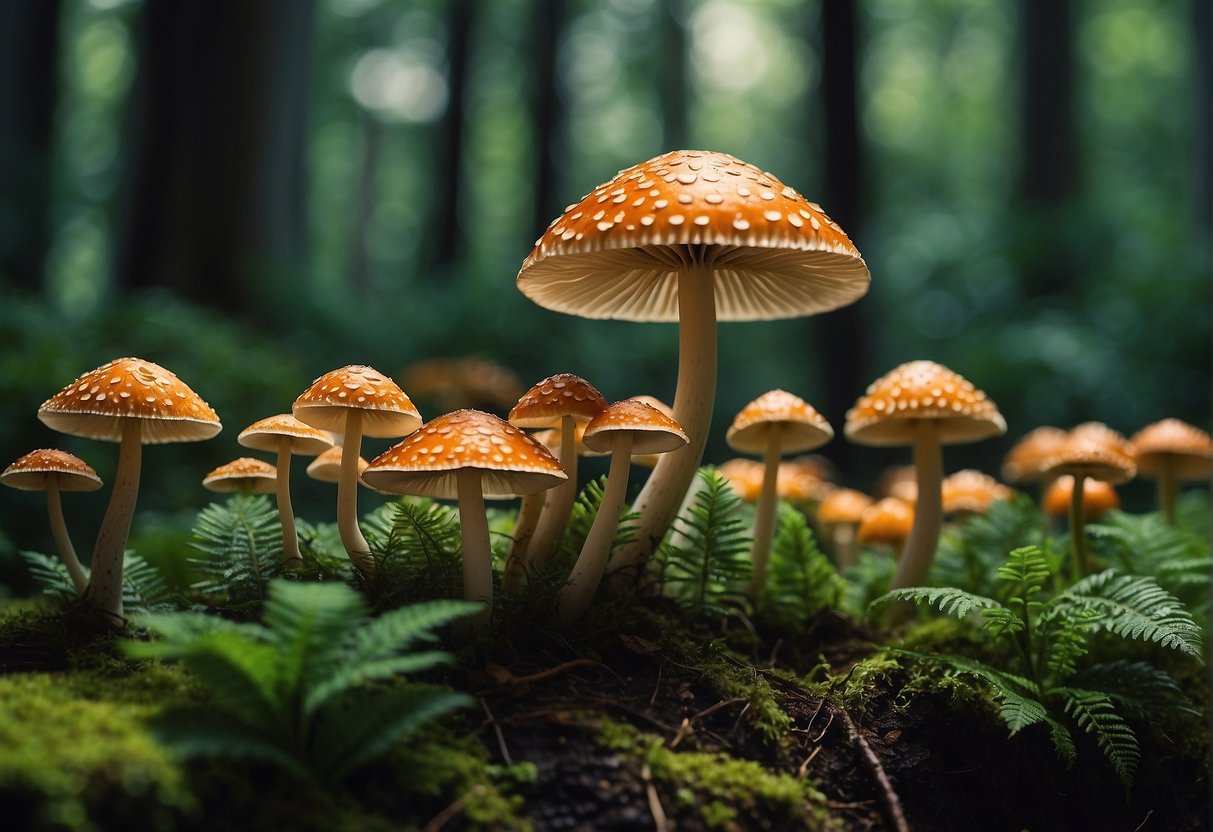
In the realm of psychedelic substances, magic mushrooms stand out for their profound impact on both culture and law. As you explore their place in society, you’ll find a rich history and a changing landscape of public sentiment and legality.
Psychedelic Mushrooms in Society
Psilocybin, the active compound in magic mushrooms, has long held a sacred spot in numerous indigenous cultures. The use of these mushrooms stretches back to ancient times, with evidence of their ceremonial role in pre-Columbian Mesoamerica. In American culture, hallucinogenic mushrooms were regarded as “divine flesh” by the Aztecs, a testament to their perceived spiritual potency.
The 20th century saw psychedelic mushrooms emerge from the shadows of ancient rituals into the broader public consciousness. During the 1950s and 60s, figures such as R. Gordon Wasson brought attention to the traditional ceremonial use of magic mushrooms, thus integrating their presence into modern cultural discourse. Despite their natural origin and historical use, the United States categorized psilocybin as a Schedule I substance under the Controlled Substances Act of 1970, indicating a high potential for abuse and no accepted medical use.
Shifts in Public Perception
The legal status of psychedelic mushrooms is inextricably linked to public opinion, which has seen significant shifts over the years. Originally associated with the counterculture of the 1960s, psilocybin and magic mushrooms faced widespread prohibition as part of the War on Drugs. However, recent research into their potential therapeutic benefits has fostered a shift in how these substances are viewed.
In recent years, decriminalization efforts have gained traction in various parts of the United States. While still illegal under federal law and in Georgia, cities like Denver, Colorado, and Oakland, California, have taken steps to lower the priority of enforcement against the use and possession of these substances. This change is reflective of a growing recognition that the therapeutic and spiritual benefits of psilocybin may outweigh the risks previously emphasized, contributing to a dynamic shift in the cultural and legal landscape surrounding psychedelic mushrooms.
As you consider their place in contemporary society, it’s clear that magic mushrooms and psilocybin continue to shape and be shaped by the intertwining forces of culture and public perception.
Practical Information
When considering the use of psilocybin mushrooms in Georgia, it’s essential to recognize the legal restrictions and educate yourself thoroughly on their safe use and correct identification.
Safe Use and Education
Your safety is paramount if you choose to use psilocybin mushrooms, commonly referred to as magic mushrooms. It’s crucial to understand that psilocybin mushrooms can have powerful psychological effects and that their use is illegal in the state of Georgia. Education on their effects, dosage, and potential risks is non-negotiable. For accurate information on their safe use, consider reputable sources such as research on psychedelic substances which highlight the importance of understanding the risks involved.
Knowing the legalities is equally as important if you’re within Georgia’s jurisdiction. Entities like magic mushroom spores are often in a legal gray area; while spores may not contain psilocybin themselves and can be purchased for microscopy purposes, germinating them is illegal as it produces an illegal substance.
Identifying Various Psilocybin Mushroom Species
Accurate identification of mushroom species is critical because consuming the wrong type can be dangerous. Psilocybe cubensis is one of the most well-known species due to its distinctive appearance and prevalence. Identifying features include a golden cap with a purple-brown center, and a stout stem. Another species, Panaeolus cyanescens, is smaller with a thin stem and is known for its potency. Always ensure you’re gathering information from credible sources, such as scientific databases and mycology books, to prevent the misidentification of these species.
Remember, possessing psilocybin mushrooms is illegal in Georgia, and wrongly identified mushrooms can have severe health consequences. Always prioritize your safety and abide by local laws.
Legal Alternatives and Analogs
In the state of Georgia, the legal status of psychedelic mushrooms – psilocybin – is firmly under the sphere of controlled substances, making their possession and use illegal. However, you might be curious about legal alternatives that may provide similar experiences or therapeutic benefits.
Substances with Legal Use
When considering legal psychoactive substances, your options include salvia and certain formulations of ketamine. Salvia divinorum is known for its short-acting psychoactive effects and is not regulated under federal law, though state laws vary. For therapeutic use, ketamine is legal when prescribed and administered by a health professional, often as a treatment for severe depression.
- Salvia: Legal in some states, used for its psychoactive properties.
- Ketamine: Legal only under prescription for medical applications.
Availability of Mushroom Spores
The purchase and possession of psychedelic mushroom spores for microscopy and educational purposes is generally legal, as the spores do not contain psilocybin. However, the germination of these spores to produce mushrooms is illegal. It’s crucial that you are aware of the local laws in Georgia, which might have specific statutes regarding spores.
- Mushroom Spores: Legal for study purposes, but cultivation is illegal.
Remember, while you can own spores and certain other substances in distinct contexts, any attempt to extract or convert these into a psychoactive form could result in legal repercussions. Stay informed on Georgia’s laws to ensure you navigate the complexities of psychoactive substances responsibly.
Frequently Discussed Issues
In Georgia, the legal status of psychedelic mushrooms sparks ongoing debate, notably concerning public safety and the future of drug policy reform.
Risks and Public Safety Concerns
Your safety is a primary concern when discussing psychedelic mushrooms. Instances of safety incidence can arise due to improper dosage and lack of professional guidance, potentially leading to negative experiences such as heightened anger or anxiety. There are also legal risks, including the possibility of facing prison time or substantial fines due to Georgia’s harsh drug laws. Misuse may exacerbate mental health issues instead of aiding with conditions like post-traumatic stress disorder.
Potential for Legal Change and Reform
As for legal change, while current state laws remain strict, discussions around the nation on drug policy reform could indicate a shift in perspective. You may be aware of efforts in some regions to reclassify certain psychedelic substances, potentially paving the way for their use in addiction therapy and other medicinal applications. Yet, in Georgia, without formal legislation, any use remains a legal transgression subject to existing punitive measures.
Future Outlook and Developments
The legislative landscape and medical applications for psychedelic mushrooms in Georgia are poised for change, influenced by new scientific discoveries and advocacy.
Scientific Discoveries and Evolving Laws
Recent scientific discoveries have highlighted potential medical applications of psychedelic mushrooms, such as treating existential anxiety, cluster headaches, and other conditions. As research from institutions like the Multidisciplinary Association for Psychedelic Studies (MAPS) continues to illuminate the therapeutic benefits of psychedelics, there is a potential for future changes in legality. While Georgia currently has laws against the possession and use of psilocybin mushrooms, evolving scientific evidence could catalyze a re-evaluation of these substances and potentially usher in legal reforms. As the medical community gains a deeper understanding of the therapeutic benefits, it is likely to lead to legal challenges and a push for changes in the law.
The Role of Advocacy Groups
Advocacy groups, such as MAPS, play a crucial role in shaping the future of psychedelics policy. These organizations provide education, fund research, and often spearhead efforts to reform therapy practices to include psychedelics for conditions like existential anxiety. As they continue to present evidence of the benefits of psychedelic-assisted therapy, your understanding of these substances and their place in medicine may shift. This could lead to more public support for changes in legislation surrounding psychedelic mushrooms in Georgia.
Frequently Asked Questions
Your questions about the legality of psychedelic mushrooms in Georgia are addressed below, providing clarity on possession, use, medical exceptions, recent legislation, penalties, and decriminalization efforts within the state.
What is the legal status of psilocybin mushrooms in the state of Georgia?
Psilocybin mushrooms, often referred to as psychedelic mushrooms, are classified as a Schedule I substance in Georgia. This means they are illegal to possess, sell, or use in the state.
Can individuals possess or use psychedelic mushrooms without legal repercussions in Georgia?
No, you cannot legally possess or use psychedelic mushrooms in Georgia. Any possession or use is considered a violation of state law and is subject to legal consequences.
Are there any medical exceptions for the use of psychedelic mushrooms in Georgia?
Currently, there are no medical exceptions or protections that allow the use of psychedelic mushrooms for medicinal purposes in Georgia.
Has there been any recent legislation regarding psychedelic mushrooms in Georgia?
As of the latest information available, there have been no recent changes to the legislation regarding the legal status of psychedelic mushrooms in Georgia.
What are the penalties for possession or distribution of psilocybin mushrooms in Georgia?
The penalties for possession or distribution of psilocybin mushrooms in Georgia are severe. They can range from heavy fines to lengthy prison sentences, depending on the amount possessed and the intent (possession vs. distribution).
Are there any active movements to decriminalize or legalize psychedelic mushrooms in Georgia?
While there has been a national trend toward the decriminalization and legalization of psychedelic substances, as of the current date, there are no active movements in Georgia that have resulted in policy changes regarding the legal status of psychedelic mushrooms.

